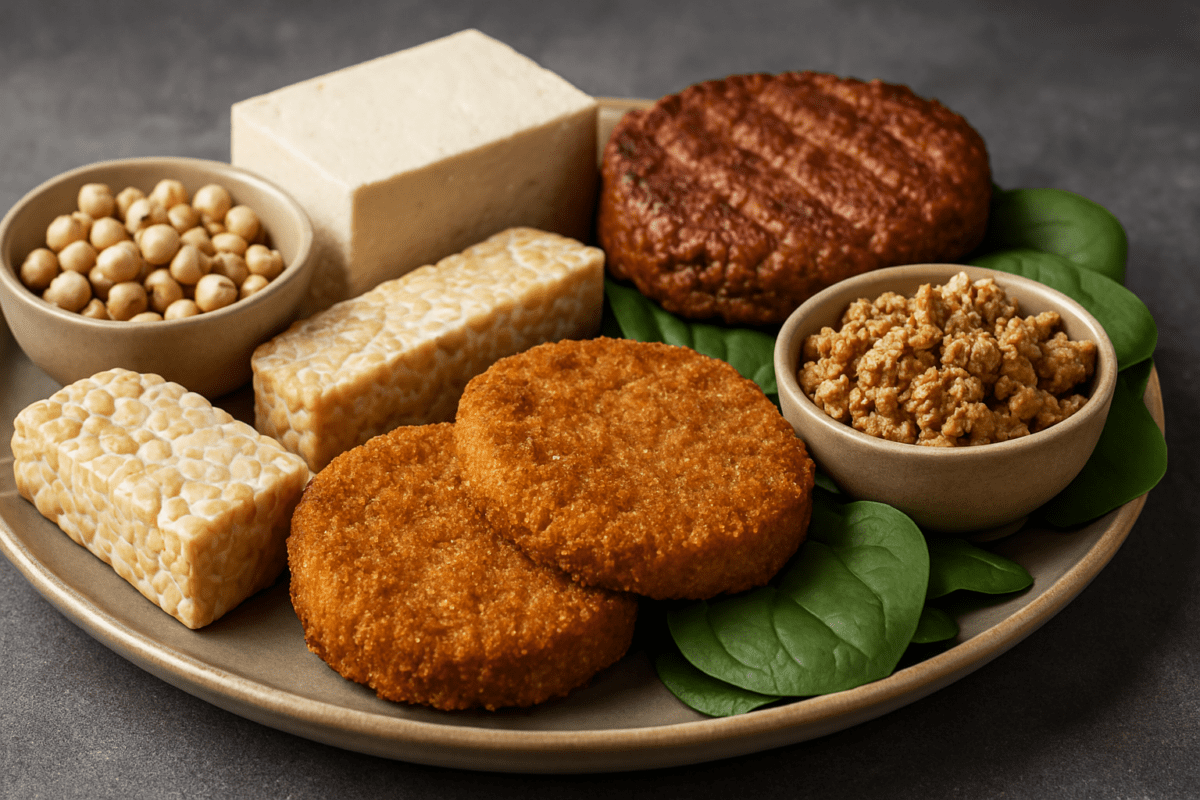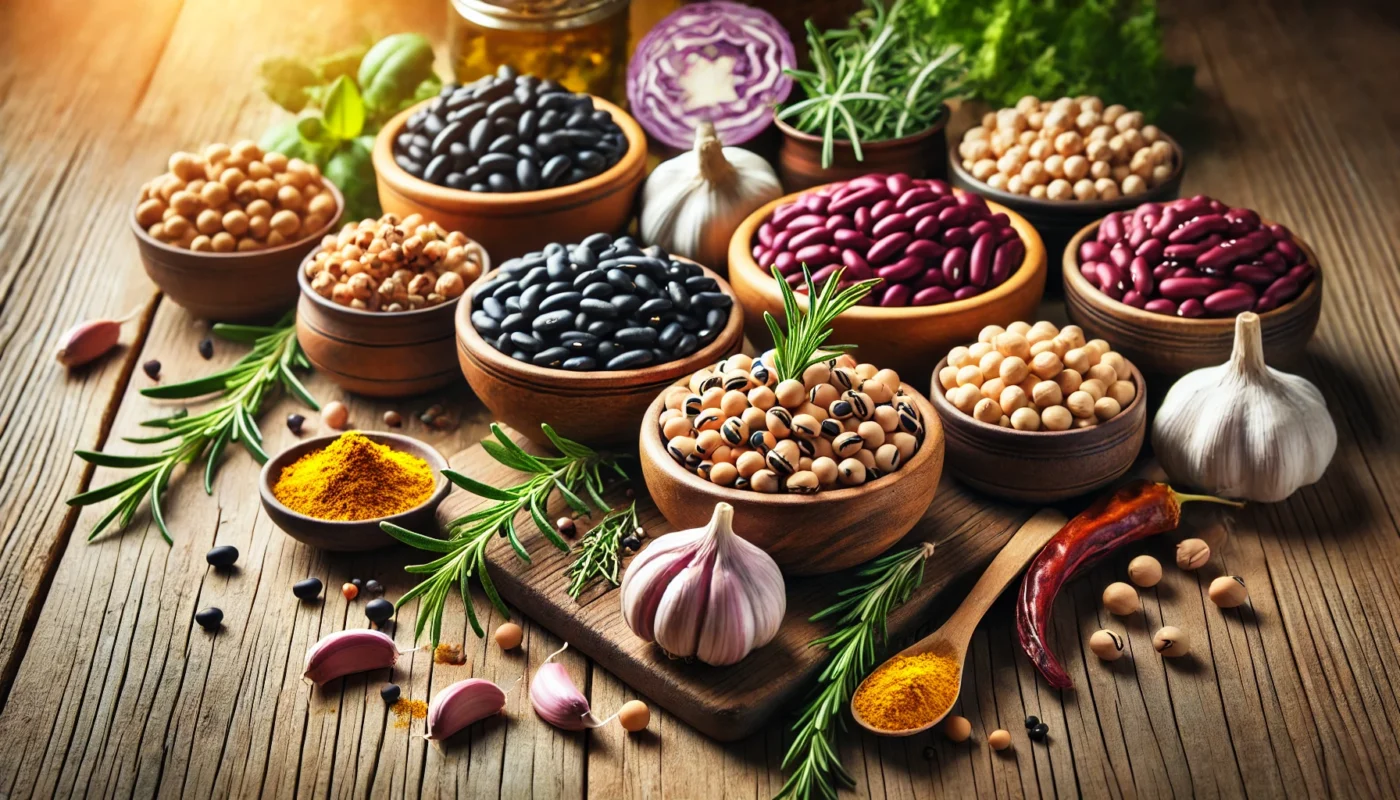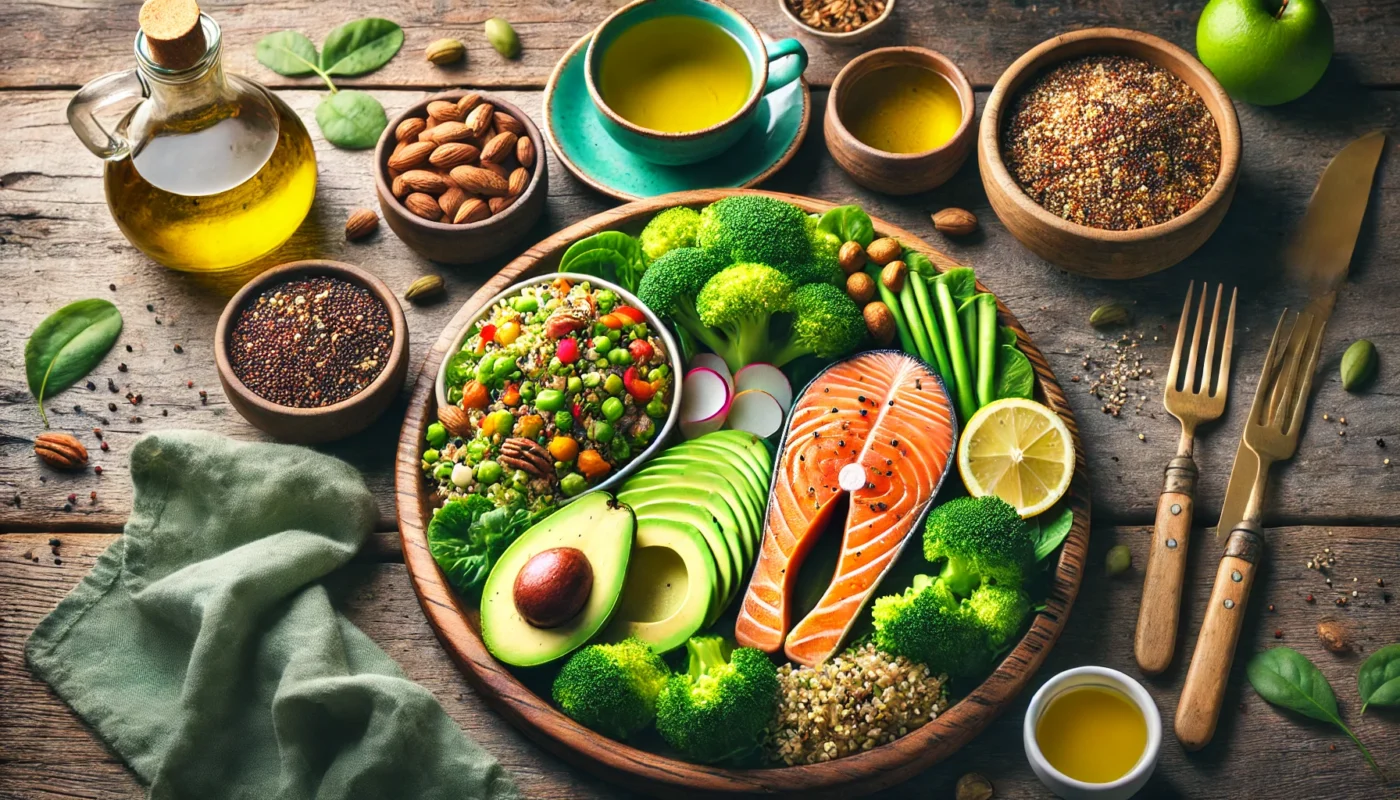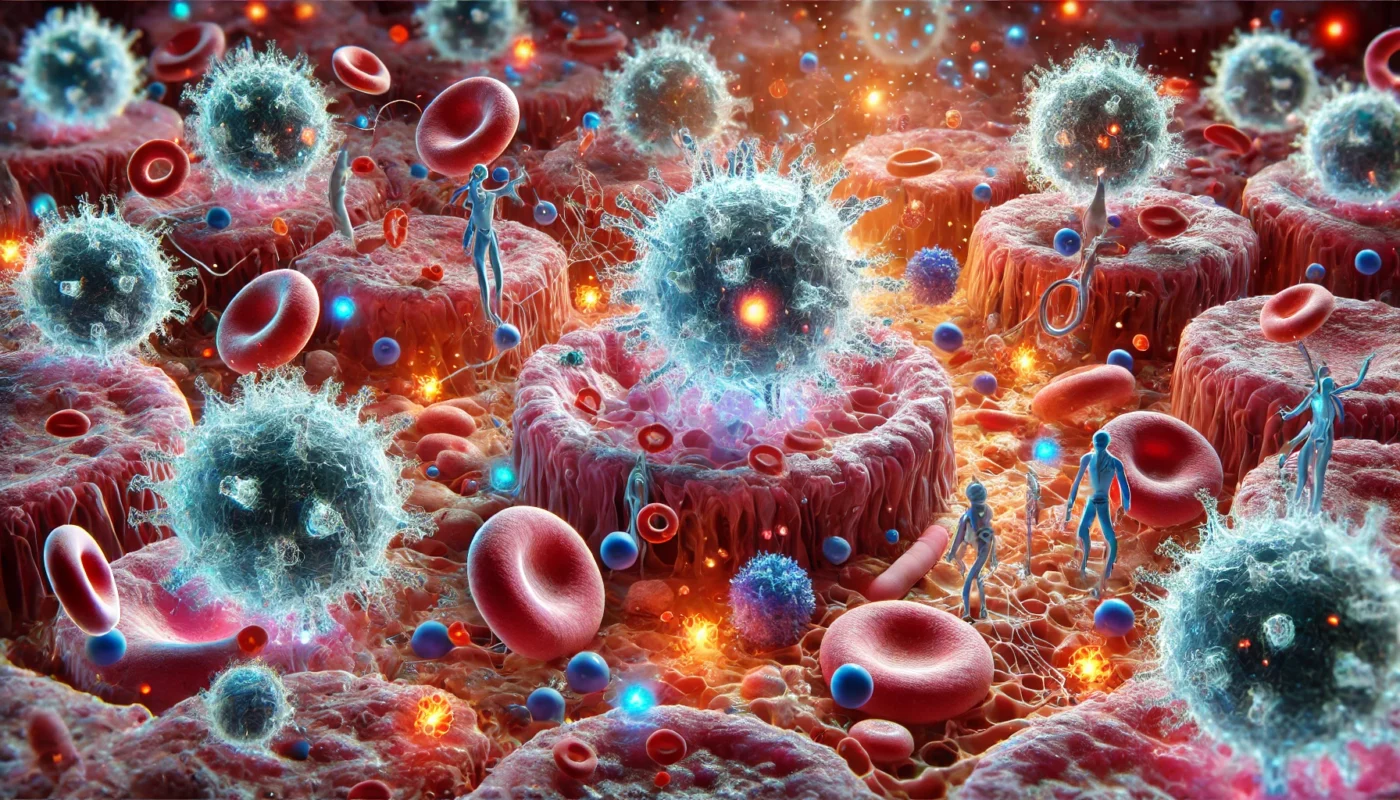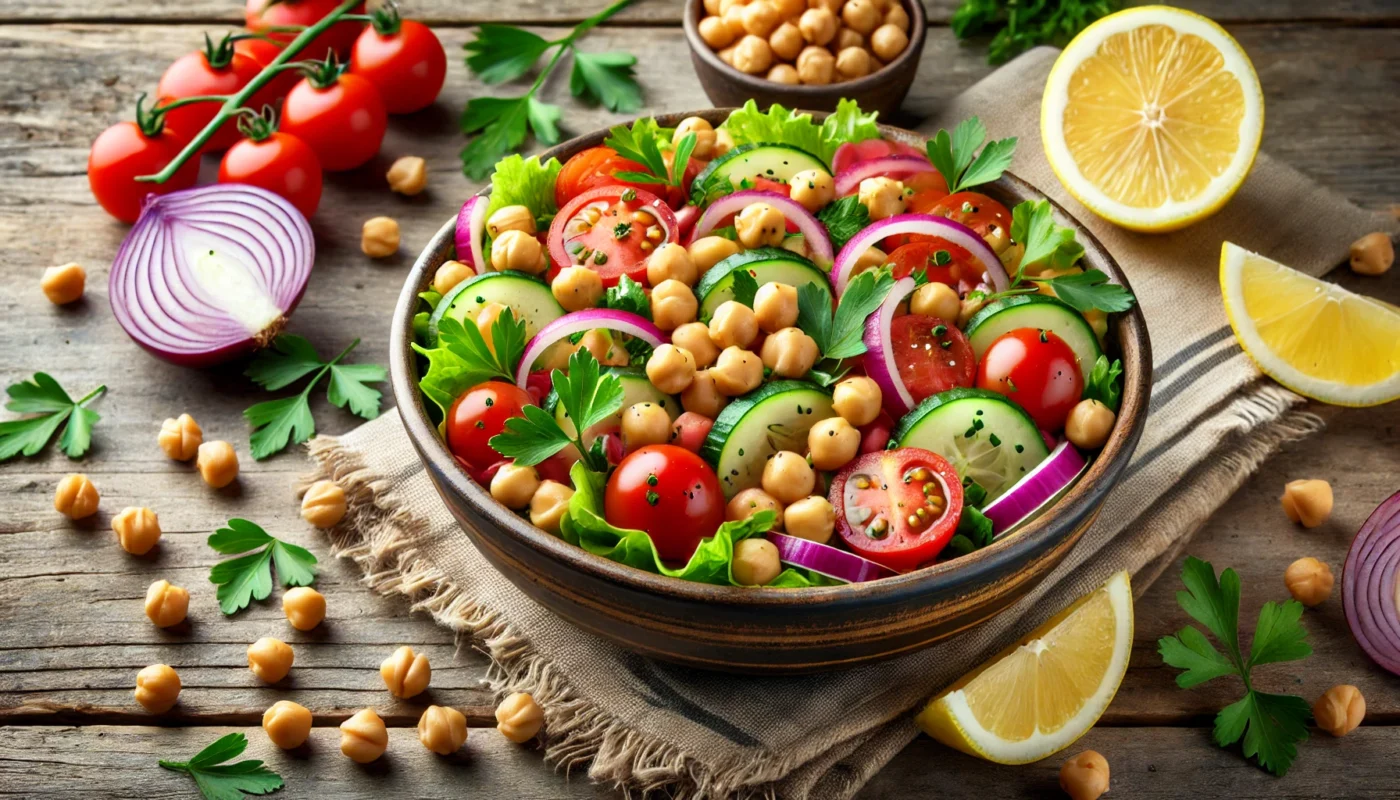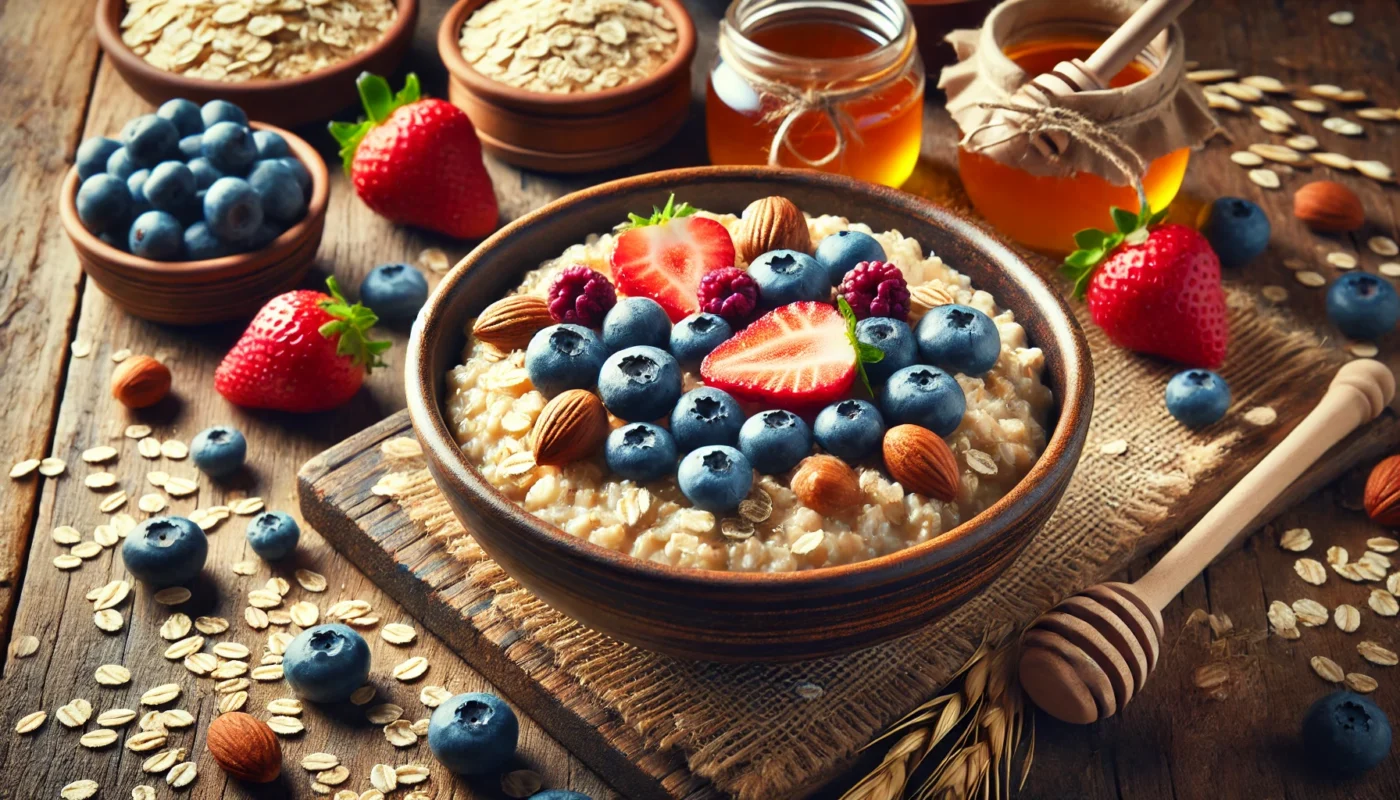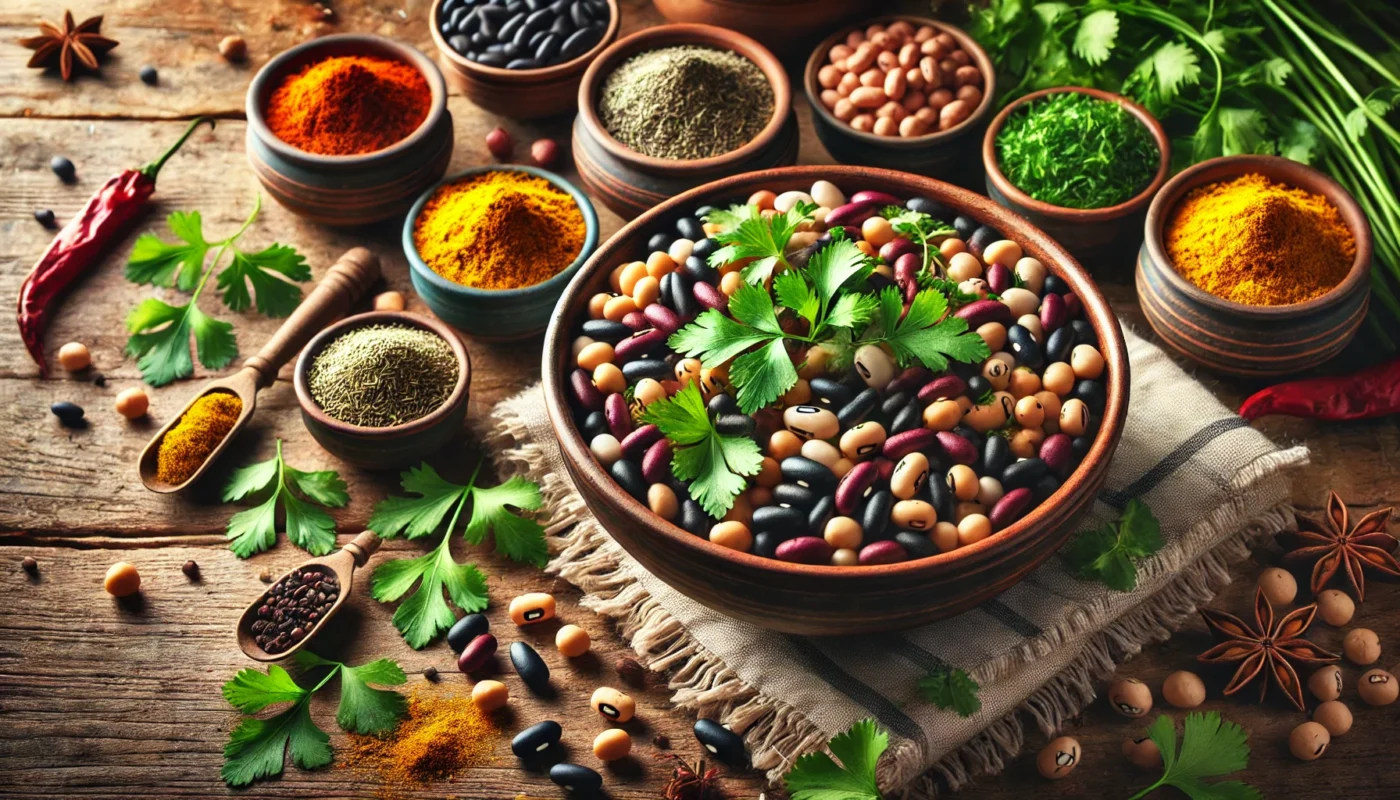In recent years, the growing popularity of plant-based diets has prompted individuals, health professionals, and researchers alike to explore a wide array of options that offer both nutritional value and culinary satisfaction without relying on traditional animal proteins. The surge in demand for the best meat substitutes is not merely a dietary trend but a conscious shift toward healthier, more sustainable, and ethically responsible eating habits. This evolution is supported by a wealth of evidence demonstrating the numerous health benefits associated with reducing or eliminating meat from one’s diet, including improved cardiovascular health, reduced risk of chronic diseases, and enhanced digestive function.
Tag Archives: Plant-Based Protein
The anti-inflammatory diet is not a strict regimen but rather a way of selecting foods that support your body’s natural defense mechanisms. It emphasizes whole, unprocessed foods while minimizing consumption of refined sugars, processed meats, and unhealthy fats. The goal is to include a variety of fruits, vegetables, whole grains, lean proteins, and healthy fats.
Inflammation is a natural biological response to injury or infection. It’s a critical part of the body’s defense mechanism, involving immune cells, blood vessels, and molecular mediators. However, when inflammation becomes chronic, it can lead to various health issues, including heart disease, arthritis, and certain cancers. Therefore, managing inflammation through diet has become an essential consideration in holistic health practices.
Inflammation is the body’s natural response to injury, infection, or harmful stimuli. In short-term scenarios, it’s a beneficial process that promotes healing and recovery. However, when inflammation becomes chronic, it can lead to various health issues. Chronic inflammation is often subtle, quietly affecting the body’s systems over time, and can be influenced by lifestyle factors, including diet.
Inflammation is the body’s natural defense mechanism, triggered by the immune system to protect against injury, infection, or toxins. It involves the release of inflammatory proteins and chemicals to facilitate healing. However, when inflammation persists, it can result in chronic conditions. The key to managing inflammation lies in balancing the body’s response, ensuring it is neither overactive nor underactive.
When the body detects an injury or harmful pathogen, the immune system springs into action. White blood cells are dispatched to the affected area, releasing chemicals that cause blood vessels to expand. This process allows more immune cells to reach the site, facilitating repair. However, this response must be carefully regulated, as an unchecked immune reaction can lead to tissue damage.
Inflammation involves a complex interplay of cellular and molecular events. Pro-inflammatory cytokines and chemokines are produced to recruit immune cells to the site of injury. Additionally, the complement system, a group of proteins in the blood, becomes activated to enhance the ability of antibodies and phagocytic cells to clear pathogens. Understanding these mechanisms is crucial for developing strategies to manage inflammation effectively.
An anti-inflammatory diet focuses on consuming foods that reduce inflammation and avoiding those that trigger it. The cornerstone of this diet is a variety of whole, nutrient-dense foods. Let’s break down the main components.
Nutrition is an integral component of any fitness regimen. It not only provides the energy required for physical activity but also plays a crucial role in muscle recovery and growth. Whether you’re a seasoned athlete or a fitness enthusiast, understanding the science behind nutrition can significantly impact your performance and overall health.
Energy Balance: Eating More When You Exercise
One common question among fitness enthusiasts is, “Should I eat more if I workout?” The answer is nuanced. Exercise increases your energy expenditure, which means you might need to consume more calories to maintain your weight and support your activity levels. However, the quality of those calories is just as important as the quantity.
In the quest for optimal health, the foods we consume play a pivotal role. One food that has sparked interest and debate is the humble chickpea.
Also known as garbanzo beans, chickpeas are a staple in many diets worldwide. They’re packed with protein, fiber, and a host of vitamins and minerals. But the question that often arises is: are chickpeas inflammatory or anti-inflammatory?
Inflammation is a natural process in the body. However, when it becomes chronic, it can contribute to various diseases. Hence, understanding the impact of our diet on inflammation is crucial.
Chickpeas, with their rich nutrient profile, have been linked to numerous health benefits. But do these benefits extend to managing inflammation? This is a question we aim to answer.
In this comprehensive guide, we’ll delve into the scientific research surrounding chickpeas and inflammation. We’ll explore their nutritional content, potential health benefits, and any concerns related to inflammation.
Our goal is to provide you with a clear understanding of where chickpeas stand in the inflammation debate. We’ll also offer practical advice on how to incorporate them into your diet for improved health and wellness.
So, let’s embark on this journey to discover: Do chickpeas cause inflammation in the body?
In the quest for optimal health, the foods we consume play a pivotal role. One food that often sparks curiosity is oats. Known for their high fiber content and heart-healthy properties, oats are a staple in many diets. But, are oats inflammatory or do they possess anti-inflammatory properties?
This article aims to explore the relationship between oats and inflammation. We’ll delve into the scientific research behind this topic, making it accessible and understandable for all readers. Whether you’re a fitness enthusiast, a health enthusiast, or a medical patient, this article will provide practical, detailed advice on how oats can be incorporated into your diet for improved health outcomes.
We’ll also debunk some common myths about oats and inflammation. Misinformation can often lead to confusion and unnecessary dietary restrictions. Our goal is to provide you with accurate, evidence-based information to help you make informed dietary choices.
By the end of this article, you’ll have a comprehensive understanding of the anti-inflammatory properties of oats. You’ll also learn how to effectively use this knowledge to optimize your personal health and fitness. So, let’s embark on this journey of discovery together, starting with a deeper understanding of inflammation and diet.
Beans are a staple in many diets worldwide. They’re packed with nutrients and offer numerous health benefits.
But, are beans anti-inflammatory? This question has sparked much interest and debate.
Inflammation is a natural response of our bodies. It’s crucial for healing and protecting us from harm. However, when inflammation becomes chronic, it can lead to various health issues.
Diet plays a significant role in managing inflammation. Certain foods can either trigger or reduce inflammation.
Beans, as part of the legume family, are rich in fiber, protein, and antioxidants. These components are known for their potential anti-inflammatory effects.
But, there’s more to the story. The relationship between beans and inflammation is complex and multifaceted.
This article aims to delve into this topic. We’ll explore the nutritional profile of beans, their potential anti-inflammatory properties, and how to incorporate them into your diet.
Whether you’re a fitness enthusiast, a health-conscious individual, or a medical patient, this comprehensive guide will provide you with valuable insights. Let’s embark on this journey to better understand the power of beans in combating inflammation.
- 1
- 2

